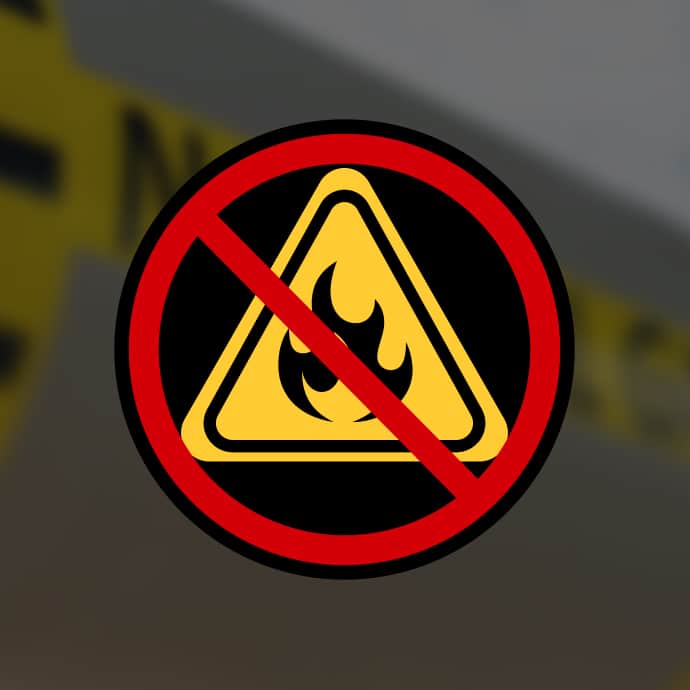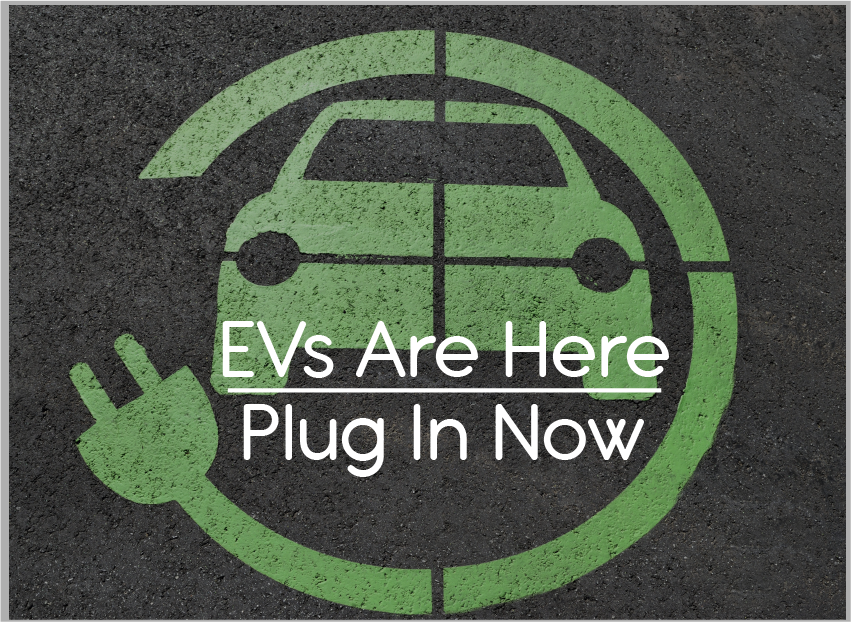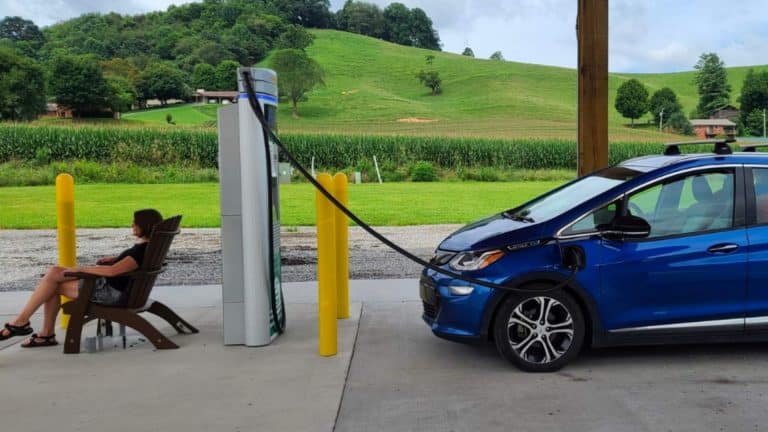As more people learn the truth about EVs, the FUD artists (Fear, Uncertainty, Doubt) have to reach farther for their subject matter. Lately, they’ve been spinning the fact that some EV batteries use the element cobalt, much of which comes from Congo, where some mines employ child slave labor. It’s a legitimate concern, but it demands far more context.
A Question of Balance
Every manufactured product has societal impacts, both positive and negative. When balancing the impacts, rational people strive for progress, not perfection. Cobalt is an essential element of modern life. It’s found, not just in some lithium batteries, but in turbine engines, high-strength steel, and the machine tools used to make just about everything. Are those who object to EVs going to give up their cellphones and laptops? Forego air travel and electricity? Use only handmade products? Realists know we’re not going to stop cobalt mining; we have to use other means to fight sociopathic mining practices. Unfortunately, only two other options have real teeth: ethical business sourcing and strong government regulation. Tesla is a leader in the former; oil companies are among the most aggressive opponents of the latter.
So let’s be clear about this: Congolese cobalt mining’s very real human rights abuses, evil as they are, pale in comparison to the global havoc wrought by more than a century of petroleum production. The list of petrostates abusing human rights is long: Russia, Saudi Arabia, Syria, Nigeria, Venezuela, Myanmar, Ecuador, Angola, Yemen, … It’s more than a little disingenuous for oil industry apologists to be pointing fingers at EVs.
The Promise of the Future
Cobalt use in batteries isn’t inevitable. Several lithium chemistries use little or no cobalt. All major EV players are working on them. Tesla’s joint venture with CATL and GM’s Ultium program are just two examples.
Regardless of the chemistry, the materials in EV batteries are valuable, and will be recycled. Better yet, many EV batteries will be reused in stationary applications before they’re recycled. Gasoline, on the other hand, is neither reusable nor recyclable. Once it’s burned, you have carbon dioxide, water vapor, and noxious pollutants.
Tired of Oil Industry Lobbyists? Stop Giving Them Your Money!
Gasoline prices are extremely elastic: small reductions in demand lead to large reductions in price. If more cars were electric, every contractor who depends on a 12 mile per gallon truck would pay less for fuel, and there would be far less dark money available to flow through lobbyists, perverting our democracy.
We need to keep working hard for human rights. Reining in the geopolitical dominance of the oil industry would go a long way toward that end. EVs can provide the lasso.
[button color=”blue” url=”https://cleanenergy.org/?s=EVsHerePlugInNow”]Read “EVs are Here, Plug In Now” Blog Series [/button]

#EVsHerePlugInNow










